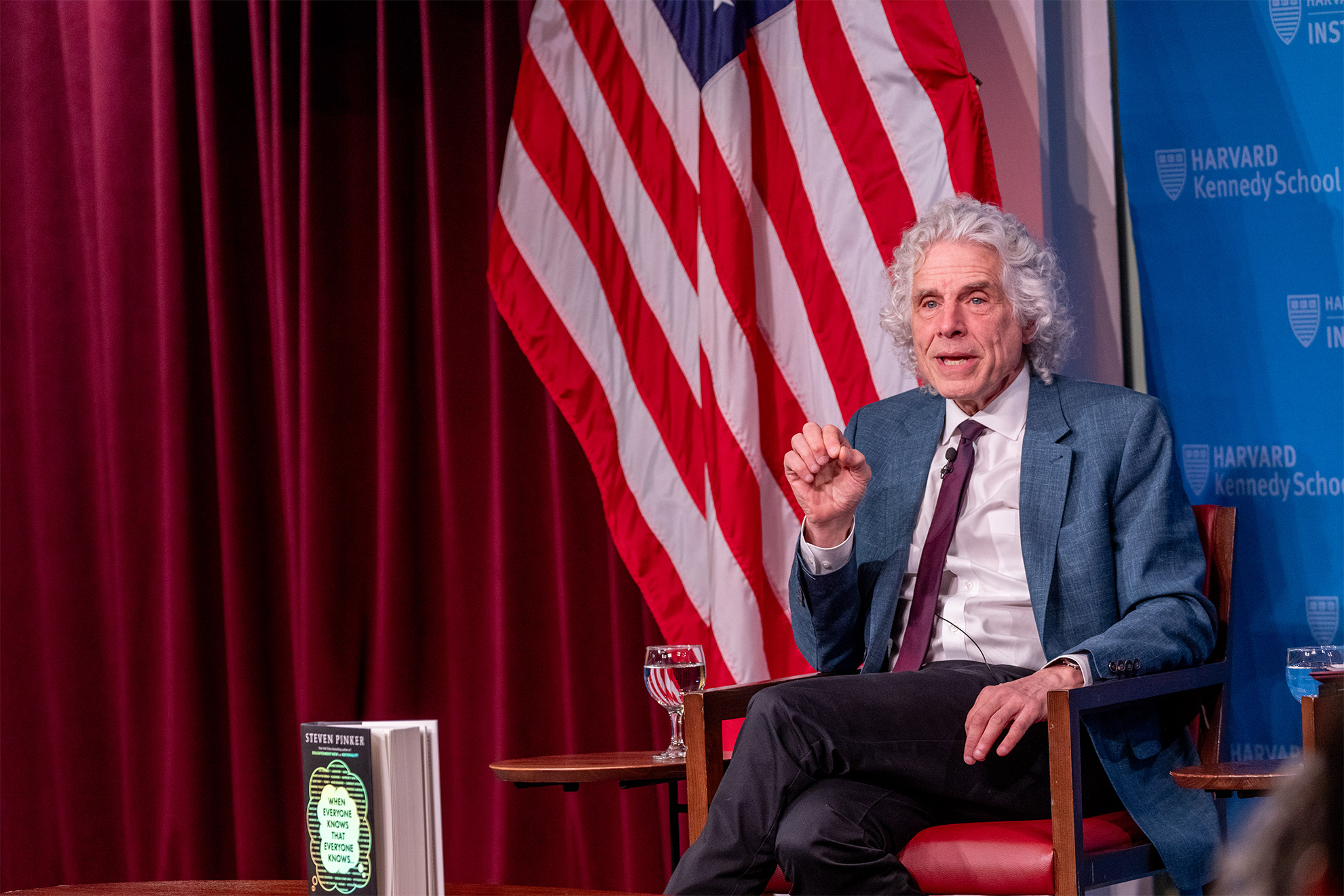
"I know something. You know it. I know that you know it. You know that I know it. I know that you know that I know that you know it, and so on ad infinitum,"
"Why does a word mean what it means? It's not because any panel of dictionary editors legislated what the correct meaning of a word is,"
"A word means what it means because everyone knows that everyone knows that everyone knows that that's what it means."
"Contrary to what ought to be the ethos of academia, namely that only by expressing an idea can we find out whether it's any good, why is there an urge that certain ideas not be expressed at all?"
Common knowledge consists of recursive mutual awareness where people know that others know and so on. Such mutual knowledge underpins language, currency, market fluctuations, and political coordination. Words acquire meaning because people share an understanding that others share that understanding. Social norms function as common knowledge and shape behavior across institutions, including higher education. Academic norms should encourage expression and testing of ideas, but psychological forces have fostered an urge to suppress certain ideas, producing cancel culture dynamics on campuses. Recognizing the role of common knowledge clarifies how collective beliefs generate social conventions, economic phenomena, and political movements.
Read at Harvard Gazette
Unable to calculate read time
Collection
[
|
...
]